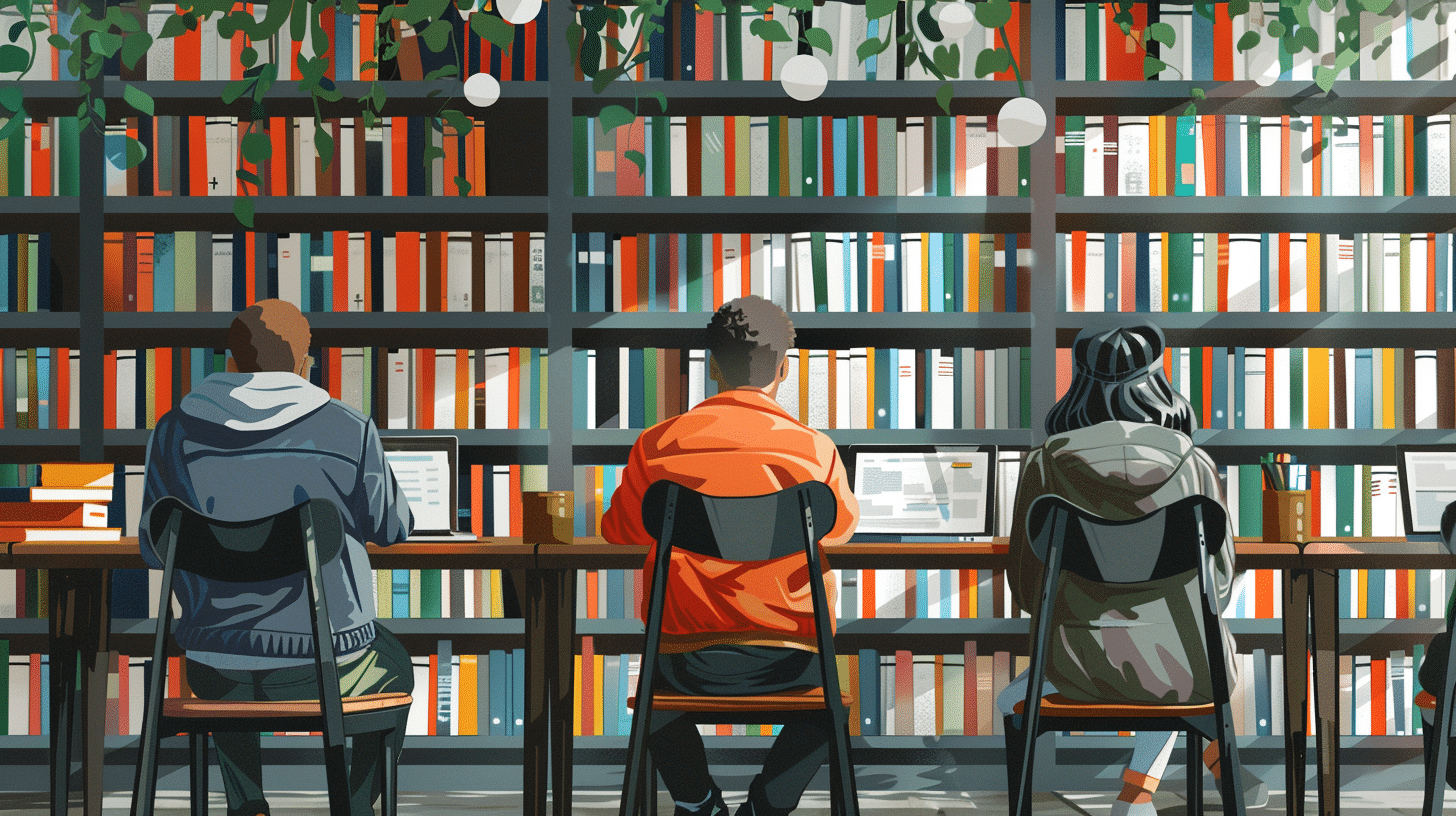One of the most amusing cultural facts about China is the widespread acceptance of wearing pajamas in public. In cities like Shanghai, it’s not uncommon to see locals strolling around, shopping, or even dining in their comfy sleepwear. This unique fashion statement originated from the economic boom in the 1990s, where people felt a newfound freedom in expressing their personal comfort. Despite government efforts to curb this trend for major events like the Shanghai Expo 2010, the pajama game remains strong and is a fun testament to the relaxed social norms in some parts of China.
Historical acceptance: This trend also reflects a deeper historical acceptance, where comfort in one’s attire is seen as a way to express freedom and self-comfort.
Napping Is a Norm
In China, taking a midday nap is part of the daily routine for many, from young students to office workers. Known as the “xiuxi,” this nap after lunch can last from 30 minutes to more than an hour. Schools and businesses may even encourage this practice, aligning with traditional Chinese medicine beliefs that midday naps are beneficial for health and productivity.
Workplace adaptation: Many companies provide nap rooms or encourage employees to rest at their desks during the naptime.
Educational integration: Schools design their timetables to allow a nap break, helping students rejuvenate for afternoon classes.
Hot Water Enthusiasm
It’s well-known that drinking hot water is seen as a panacea for almost all ailments in China. The belief is so strong that it’s common for Chinese people to carry thermoses filled with hot water wherever they go. It is often the first remedy for any sign of ill health and is also a key part of traditional Chinese medicine.
Health benefits: Hot water is believed to aid digestion, improve circulation, and detoxify the body.
Social implications: Offering someone hot water is considered a sign of care and hospitality in China.
The Concept of “Face”
In Chinese culture, the concept of “face” (mianzi) refers to one’s reputation and social standing among peers. It is an incredibly important aspect of Chinese social interactions and can lead to some amusing scenarios where people go to great lengths to preserve their face or avoid embarrassment.
Gift-giving: The practice of giving extravagant gifts to gain or maintain face can sometimes result in humorous one-upmanship among acquaintances.
Public behavior: Some individuals might engage in overly polite or grandiose public displays to enhance their social image.
Fun with Numbers
China’s fascination with numbers, particularly their pronunciation and the superstitions surrounding them, can lead to funny situations. The number 8, pronounced as ‘ba’, sounds like the word for prosperity and wealth, making it highly favored for addresses, phone numbers, and even car license plates. Conversely, the number 4 is avoided because it sounds like the word for death.
Lucky transactions: It’s common to see prices or fees set at lucky numbers, such as 88 or 888, to bring good fortune.
Building adaptations: Many buildings in China lack floors that include the number 4, similar to the Western practice of omitting the 13th floor.
Square Dancing in Public Spaces
One of the most delightful sights in China is that of the elderly, predominantly women, dancing in public squares or parks. Known as “guangchang wu” (square dancing), this activity is not only a fun way to keep fit but also a social event. The dances can sometimes be surprisingly synchronized and elaborate.
Community bonding: These dance gatherings are a way for older adults to socialize and stay active.
Cultural fusion: The music choices can range from traditional Chinese songs to the latest pop hits, creating a humorous fusion of old and new.
The Love for Karaoke
Karaoke, or KTV as it’s known in China, is a beloved pastime that cuts across all ages and social classes. The seriousness with which Chinese people approach karaoke can lead to hilariously intense competitions among friends and family. It’s not just about singing; it’s about performing.
Family and friends’ gatherings: Karaoke sessions are a common way to celebrate special occasions and are taken quite seriously as a form of entertainment.
Business interactions: It is not uncommon for business deals to be discussed and even concluded in KTV lounges, blending fun with professional engagements.
Conclusion
These funny cultural facts about China not only highlight the unique and amusing aspects of Chinese life but also underscore the richness and diversity of Chinese culture. From public pajama wearing to enthusiastic square dancing, each practice has its own charm and significance, offering a glimpse into the everyday lives of the Chinese people.






